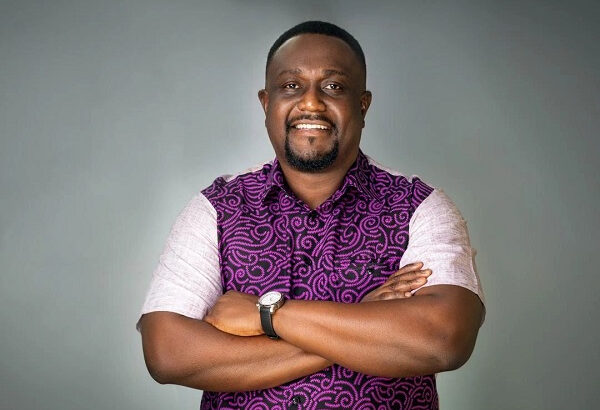Former Managing Director of the Electricity Company of Ghana (ECG), Samuel Dubik Mahama, has stated that the power distribution company was in a robust and healthy financial position when he stepped down from his leadership role.
Reflecting on his time at the helm, Mr. Mahama highlighted significant advancements in ECG’s digitalization efforts and operational reforms, asserting that the company was on a positive growth path when he left office.
According to Mr. Mahama, a key achievement during his tenure was the successful completion of ECG’s digitalization process. “Last year, around this same time, it was February when the whole digitalization process ended. ECG went cashless, and revenue was coming in. The board then said those projects that are five years old, six years old, three years old, two years old that were lacking materials and everything,” Mr. Mahama explained.
However, he also acknowledged that ECG faced considerable challenges, notably a lack of investment in several long-term projects that had been stalled for years due to insufficient funding and materials. Mr. Mahama noted that the ECG board recognized this issue and took decisive steps to address it.
Despite these hurdles, Mr. Mahama expressed pride in the progress made to stabilize the company and secure its future.
He pointed to the board’s decision to earmark a portion of ECG’s daily revenue as a critical step taken before his departure. “I can say for the fact that the company was in a very good and healthy situation because the board had in fixing or going forward the board had made us ring-fence a certain amount of money from our daily revenue to service the lines for all these improvements that we had,” Mr. Mahama remarked.
Mr. Mahama also mentioned that the board explored innovative solutions to tackle ECG’s long-standing tax challenges. “And then also, the board had also come up with innovative ways for us to be speaking with government to find a way to address our tax issue,” he added.
Despite these positive developments, Mr. Mahama revealed that a lack of consultation was a key reason why he chose not to participate in the final interim report. “One of my major issues towards the end was that I wasn’t given a hearing,” he said.


